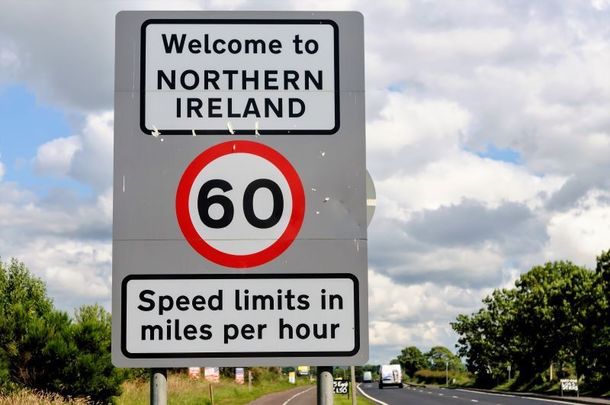Fuel suppliers in Ireland say their country is not at risk of empty diesel and petrol forecourt pumps that caused long traffic queues in Britain these past few days.
Brexit is one of the main causes of fuel shortages in Britain because, the haulage industry says, it needs up to 100,000 extra qualified heavy goods vehicle drivers. Many left the country or are barred from entering because of Brexit.
Now, Prime Minister Boris Johnson’s government will temporarily relax visa rules to allow 5,000 European Union HGV drivers and 5,500 poultry workers into the U.K. on three-month contracts up to Christmas Eve.
Some are likely to travel for the jobs from Ireland. Their task will be to attempt to tackle fuel delivery difficulties and keep supermarket shelves stocked with turkeys.
Read more
British ministers have also put army drivers on standby for possible deployment in the emergency.
The shock shortage comes days after Taoiseach Micheal Martin said in New York he is concerned that the disruption being caused by Brexit in Britain will have an impact on Ireland.
The taoiseach was asked if he was concerned about the possibility of knock-on effects in Ireland by the fuel shortages and difficulties filling supermarket shelves in Britain. He replied, “I am indeed.”
The Petrol Retailers Association in the U.K. on Monday said there was no problem with fuels in Belfast and Derry. Association chairman Brian Madderson said Northern Ireland was not exhibiting the same panic-buying as there was on “the mainland.”
He added on BBC Radio Foyle, “I am pleased to say the good motorists of Northern Ireland have not caused any panic buying in the last few days.”
BP said on Sunday that around 30 percent of the British petrol stations it owns have run out of most fuels.
But the fuel industry group, Fuels for Ireland, said there will be no interruption to the supply of petrol, diesel and home heating oil in Ireland.
The group’s CEO Kevin McPartlan said, “We are aware of issues in the UK, which is primarily around the availability of drivers, and want to reassure our consumers that we are experiencing no such issues here.”
The British Retail Consortium warned the decision to relax immigration rules to fix supply chain issues was “too little, too late” for the festive season.
Director of food and sustainability policy Andrew Opie, asked what shop shelves might look like at Christmas, told the BBC, “I think we’re going to see less choice, less availability, possibly shorter shelf life as well, which is really disappointing because this could have been averted.
“I think it’s inevitable now, just through the shortage of drivers, that we won’t be able to get all the products on to the shelves that we would have liked to.”




Comments